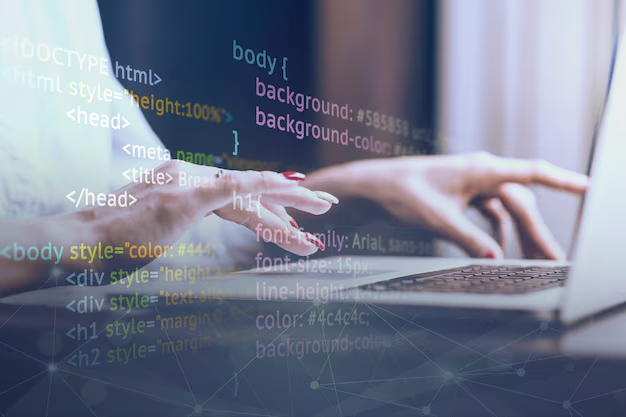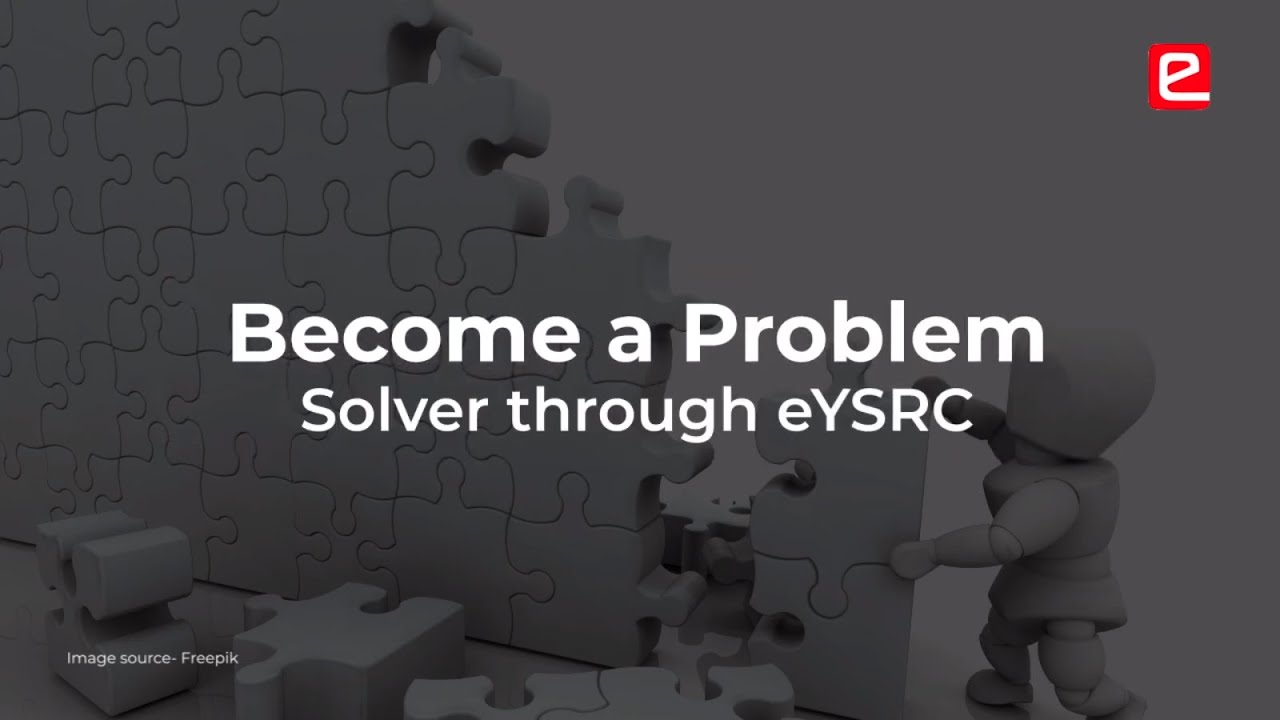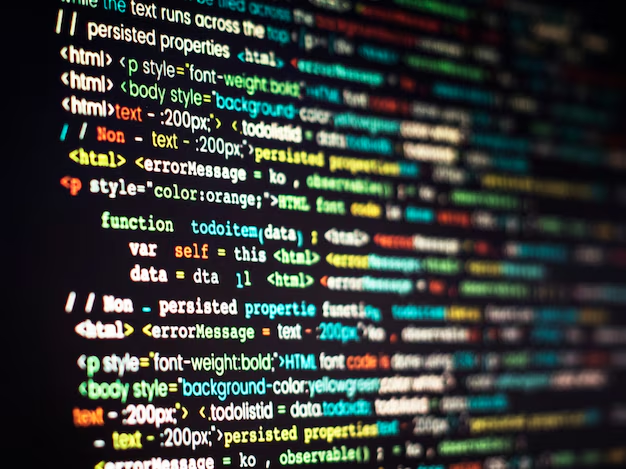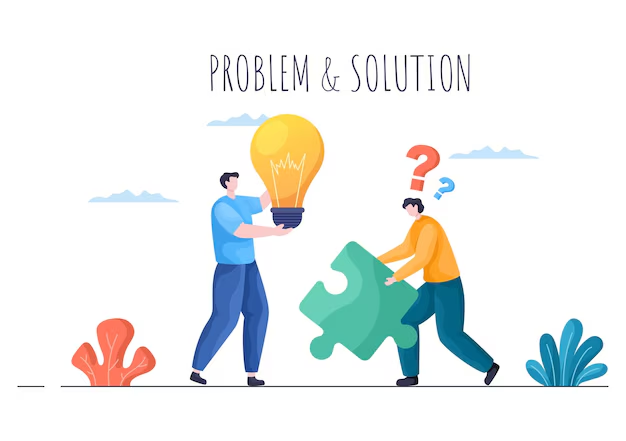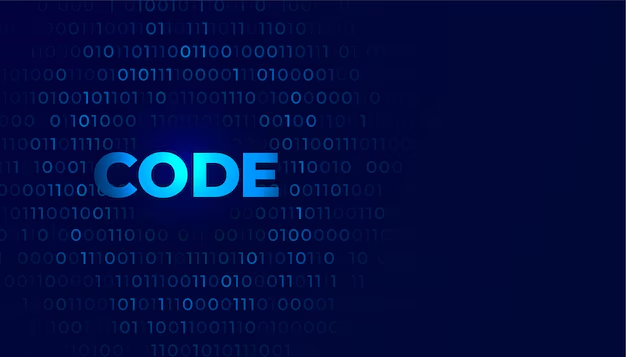About the course
In this course, you will learn about the components of a computer which includes Memory, processor, input and output devices along with storage and operating system. You will also understand the concept of assembler, compiler, interpreter, loader, and linker. Then you will be introduced to algorithms and flowcharts which includes representation of an algorithm, flowchart, along with the concept of pseudo code and its examples, converting algorithms to programs and writing source code.
After that, you will learn about the basics of programming which includes the structure of a C program, how to write and execute a C program. In addition to this, you will learn about the various types of errors such as logical errors and syntax errors. You will also learn about the components of the C language, variables, data types, memory locations, and storage classes. Then you will learn about arithmetic operators and their precedence, if-else, switch-case statements, for loop, while and do-while loops, break and continue statements. You will also learn about functions, arrays, basic searching and sorting algorithms in detail. The course will conclude with detailed coverage of pointers and file operations in C.
Learning Outcomes
After completing this course, you will be able to:
- Develop simple algorithms for arithmetic and logical problems.
- Translate the algorithms to programs in C language and execute them.
- Implement conditional branching, iteration, and recursion.
- Decompose a problem into functions and synthesize a complete program using the divide and conquer approach.
- Use arrays, pointers, and structures to develop algorithms and programs.
- Boost your hireability through innovative and independent learning.
- Get a certificate on successful completion of the course.
Target Audience
The course can be taken by:
Students: Students: All students who are pursuing any technical/professional courses, and wish to enter application programming industry.
Teachers/Faculties: All computer science and engineering teachers/faculties.
Professionals: All working professionals from the IT industry.
Why learn Programming for Problem Solving?
Problem-solving refers to your ability to solve problems in an effective and timely manner without any impediments. Whether you are a student, a parent, a businessperson, or the president of any country, you face problems every day that needs solving. For all these things, problem-solving is really really important. Especially when it comes to programming, problem-solving is the must. If you do not develop sound problem-solving skills, you will end up messing around with a given problem, and you would not be able to obtain a solution for ages.
Course Features
- 24X7 Access: You can view lectures as per your own convenience.
- Online lectures: 10 hours of online lectures with high-quality videos.
- Updated Quality content: Content is latest and gets updated regularly to meet the current industry demands.
Test & Evaluation
There will be a final test containing a set of multiple choice questions. Your evaluation will include the scores achieved in the final test.
Certification
Certification requires you to complete the final test. Your certificate will be generated online after successful completion of course.
Topics to be covered
UNIT-I
Computer Fundamentals: Definition, Block Diagram along with its components, characteristics & classification of computers, Applications of computers in various fields.Memory: Concept of primary & secondary memory, RAM, ROM, types of ROM, flash memory, Secondary storage devices: Sequential & direct access devices viz. magnetic tape, magnetic disk, CD, DVD.
UNIT-II
Computer hardware & software: I/O devices, relationship between hardware and software, types of software, Operating system: Definition, functions of operating system, concept of multi programming, multitasking, multi-threading, multiprocessing, time-sharing, real time, single-user & multi-user operating system.
UNIT-III
Planning the Computer Program: Concept of problem solving, Problem definition, Program design, Debugging, Types of errors in programming, Documentation, Techniques of Problem Solving: Flow charting, algorithms, pseudo code, decision table, Structured programming concepts, Programming methodologies viz. top-down and bottom-up programming.Computer Virus, WORMS, Trojan,
UNIT-IV
Searching, Sorting, and Merging: Linear & Binary Searching, Bubble, Selection, and Insertion Sorting, Merging, Design of algorithms for searching, sorting and merging.Computer Languages: Analogy with natural language, machine language, assembly language, high-level language, language translators, characteristics of a good programming language.

